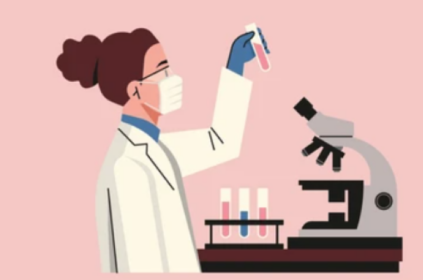According to a story from Healio, preliminary results from a clinical trial suggest that treating cancer patients undergoing anthracycline chemotherapy with the heart failure drug sacubitril/valsartan was able to reduce the risk of heart damage as a side effect of the chemo treatment.
In this study, the researchers are assessing the effect of sacubitril/valsartan (classified as an inhibitor of angiotensin receptor/neprilysin) in preventing heart damage in 114 people living with a range of cancers, such as lymphoma, leukemia, breast cancer, and sarcoma. These patients are receiving treatment with the anthracycline class of chemotherapy agents, which are known to present a risk of heart toxicity as a side effect.
In the study, 80% of patients had breast cancer, 16.7% had lymphoma, 1.7% had sarcoma, and just 0.9% had leukemia. The patients started at a dose of 24 mg/26 mg two times a day, which was gradually increased to 97 mg/103 mg (the target dose), or at least to the largest dose that the patient was able to use without side effects.
At 24 weeks, the team found a 77% reduction in relative risk of cardiotoxicity, and the patients receiving the treatment saw 7.1% incidence of cardiotoxicity versus 25% in the placebo group. The treatment group also experienced other improvements at the 24-week mark in regard to size and function of the heart. Generally, the patients that received treatment with sacubitril/valsartan were less likely to have cardiac issues at the conclusion of the study.
Generally, the sacubitril/valsartan regimen was well tolerated. Patients on the treatment did experience a 14% increase in hypotension versus 1.8% in the placebo group, but this change was expected and could typically be fixed through reduction of the dose. The researchers concluded that the treatment could be an effective cardioprotective approach for patients undergoing anthracycline chemotherapy and that it could help determine which patients were at the greatest risk of heart damage.
Future avenues of research include validation of the findings with longer-term follow up. The team also recommends attempting to reproduce the findings in a larger patient population.
Editor’s Note: Get Involved
Cancer doesn’t discriminate. WHATNEXT and its partners are interested in amplifying the voices of those from all identities and backgrounds. If you have a cancer journey to share, reach out here to learn more about how your voice can help spread awareness and inspire individuals from all walks of life.
breast cancer chemotherapy leukemia lymphoma research sarcoma treatment
Last modified: January 22, 2025











